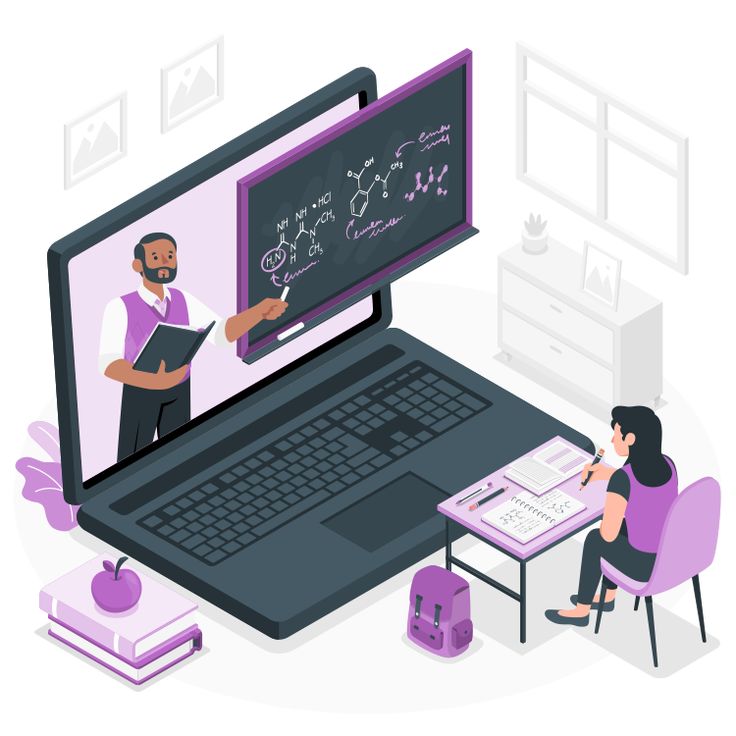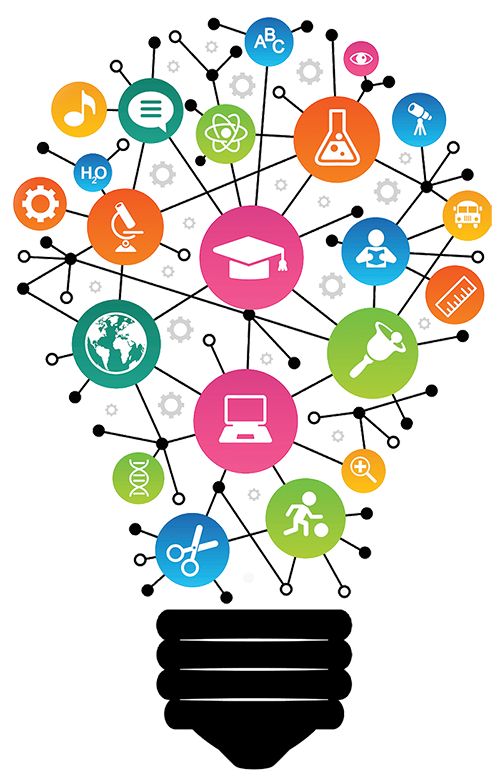Translation Skills (TS) / Foreign Language (FL) - Dr. Farah sabah - 2023-2024
Topic outline
-
A course in translation within the English as a Foreign Language (EFL) context offers students a valuable opportunity to hone their linguistic proficiency and cultural understanding. This specialized course delves into the intricacies of translating written texts from one language to another, emphasizing the nuances of language, idiomatic expressions, and cultural nuances. Participants engage in practical exercises that involve translating a variety of texts, ranging from literary works to technical documents, allowing them to develop a keen eye for detail and an appreciation for the cultural nuances embedded in language. Through this course, students not only enhance their language skills but also cultivate a deep awareness of the importance of context, register, and cultural sensitivity in the translation process, preparing them for effective cross-cultural communication in English.

-
Lecturer: Dr. sabah FARAH
Email: sabah.farah@univ-msila.dz

-
Master one Students enrolled in Online Masters Program at Mohamed Boudiaf University of M'sila

-
Develop Proficiency in Translation Skills: Enhance students' ability to translate accurately and effectively between their native language and English, focusing on grammatical accuracy, lexical choices, and idiomatic expressions.
Cultural Competence: Foster an understanding of the cultural context embedded in language, enabling students to make culturally appropriate choices during the translation process.
Textual Analysis: Train students to analyze various types of texts, such as literary, technical, and journalistic, to identify and understand the specific challenges associated with each genre.
Language Fluency: Improve overall language fluency in English, with an emphasis on written expression, vocabulary expansion, and syntactical structures.
Research Skills: Equip students with effective research techniques to gather relevant information and terminology needed for accurate translation, especially in specialized fields.
Technology Integration: Introduce and familiarize students with translation tools and technologies to enhance efficiency and precision in the translation process.
Professional Ethics: Instill a sense of professional ethics and responsibility in the translation field, emphasizing issues such as confidentiality, accuracy, and adherence to ethical standards.
Portfolio Development: Guide students in building a comprehensive translation portfolio that showcases their diverse skills and abilities, enhancing their employability in the translation and language services industry.

-

-
